PWM Protocol SensorsCompatible with ESP32
The list of sensors using PWM protocol for your ESP32 projects, complete with wiring guides and code examples.
PWM (Pulse Width Modulation) is a technique used to simulate analog voltage by rapidly switching a digital pin on and off. It’s essential for controlling LED brightness, servo motor angles, and DC motor speed in Arduino and ESP32 projects.
On Arduino, PWM is generated using the analogWrite() function, while ESP32 offers advanced features with multiple PWM channels and higher resolution, perfect for multi-servo or motor control systems.
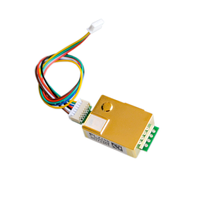
MH-Z19
The MH-Z19 is a high-accuracy CO₂ sensor using NDIR technology, suitable for air quality monitoring. It supports UART...
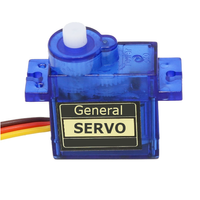
General Servo
<p>PWM servos are controlled using Pulse Width Modulation signals to adjust their position or speed. They are widely...
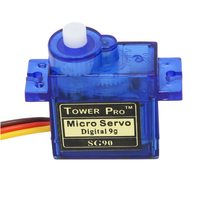
SG90
The SG90 is a compact micro servo motor ideal for robotics and DIY projects. Operating on 4.8V to 6V, it delivers 1.8...
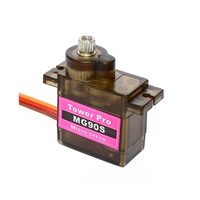
MG90S
The MG90S is a robust micro servo motor designed for robotics and DIY projects. Operating on 4.8V to 6V, it provides up...
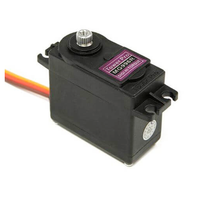
mg996r
The MG996R is a high-torque servo motor ideal for robotics and demanding DIY projects. Operating on 4.8V to 7.2V, it...
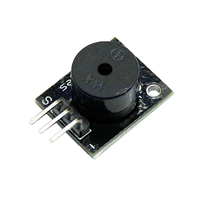
KY-006
The KY-006 is a passive piezoelectric buzzer module that produces sound when driven by a PWM signal. It is ideal for...
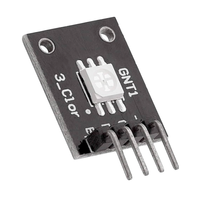
KY-009
The KY-009 is an RGB LED module that allows for the creation of various colors by adjusting the brightness of its red,...
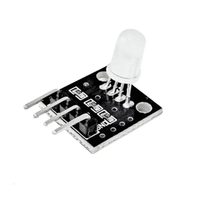
KY-016
The KY-016 is an RGB LED module that can display a wide range of colors by adjusting the brightness of its red, green,...